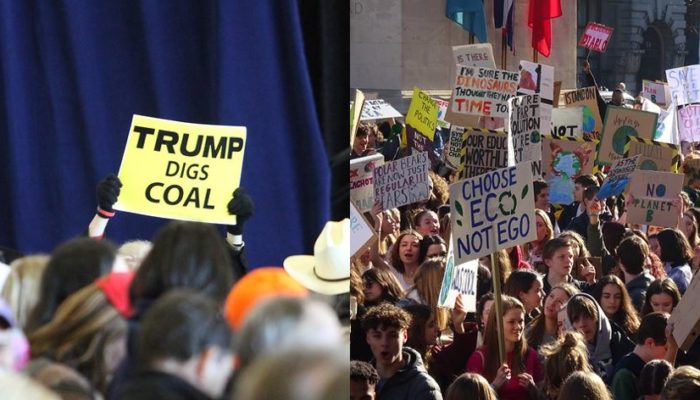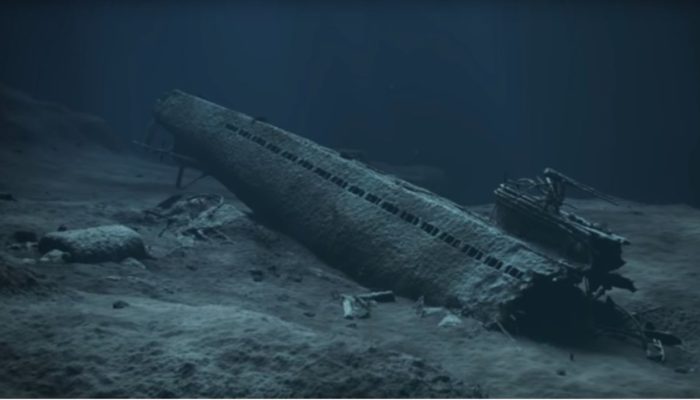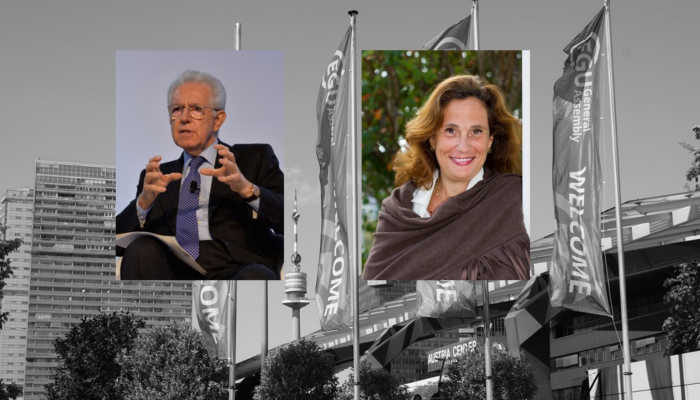The recent European Parliament election illustrated how divided Europe has become politically and intergenerationally. While the established parties lost their ground, both far-right populistic, anti-EU and liberal, green pro-EU parties grew in popularity among voters1, with the younger generation favoring the latter and the generations above the former2. What role is there for science in this div ...[Read More]
Pole to Paris: Communicating climate change in a divided society




